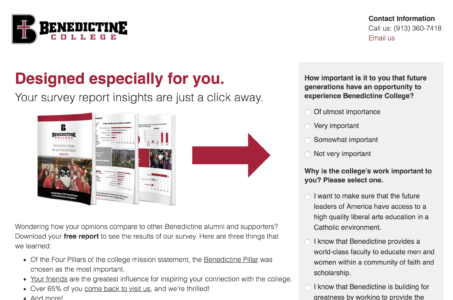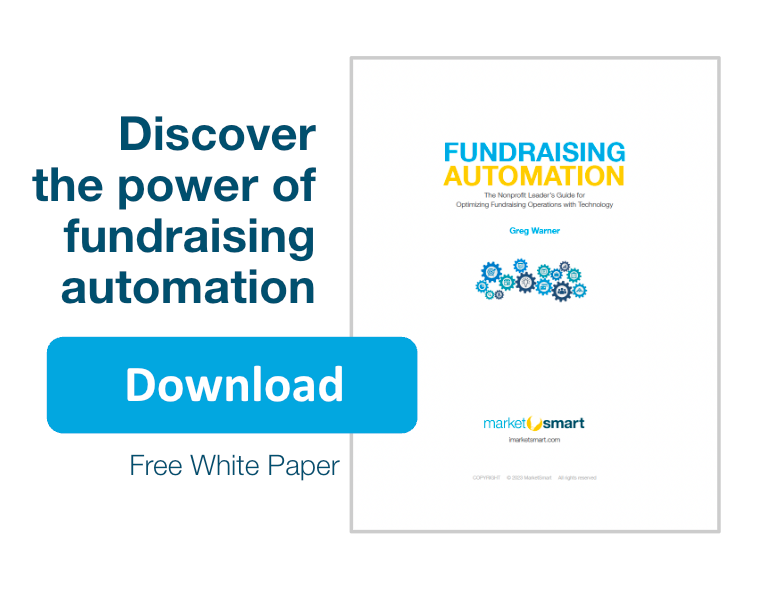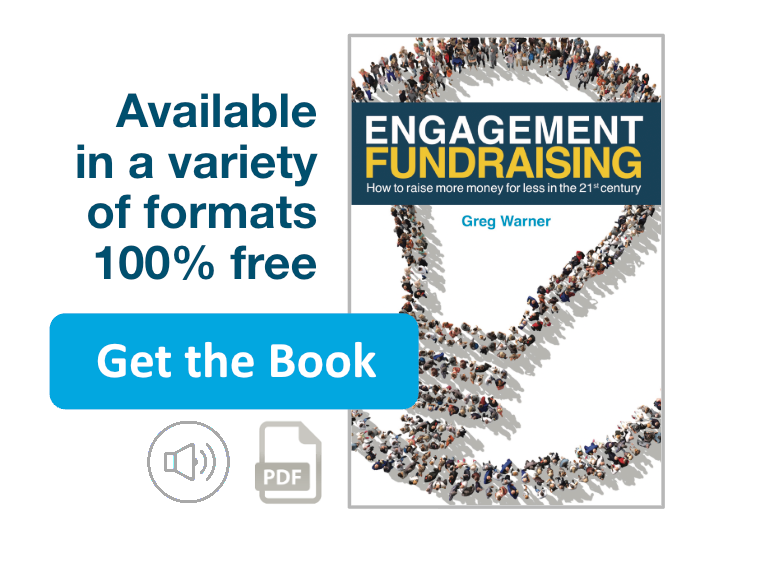I guess they actually believe donors want to be anonymous. I think that’s probably because they (the fundraisers) might prefer to be anonymous. But their preferences have nothing to do with the donors’.
Trust me on this. Your donors want you to know them individually.
We’ve found that they actually want to be engaged individually and personally. They want to be heard and know that you heard them. They want to enter into dialogue with the charities they care deeply about albeit usually (at least at first) at arms-length.
They don’t want to be anonymous donor ID numbers. They don’t want their responses to go into a black hole.
That’s why we’ve learned not to ‘bother’ them with opportunities to be anonymous.
We’ve also learned that it’s important to tabulate the results of donor surveys and offer them to the donors in a report (whether they took the survey or not).

Asking supporters to take your survey without reporting back what you learned from them basically implies:
“We are the Wizard of Oz and we pull the levers behind the curtain. We want you to spend your valuable time giving us some feedback, but we don’t want you to know whether it really made a difference, was used, etc. That’s simply none of your business! Thank you. Good-bye!”
So, the next time you hear someone say you shouldn’t coerce donors to be identified when they take a survey, send them this post. Your donors will be glad you did.
Related Posts:
>>4 big reasons why you should not ask for money when you survey your supporters
>>Top 10 ways you can benefit from conducting a donor survey




